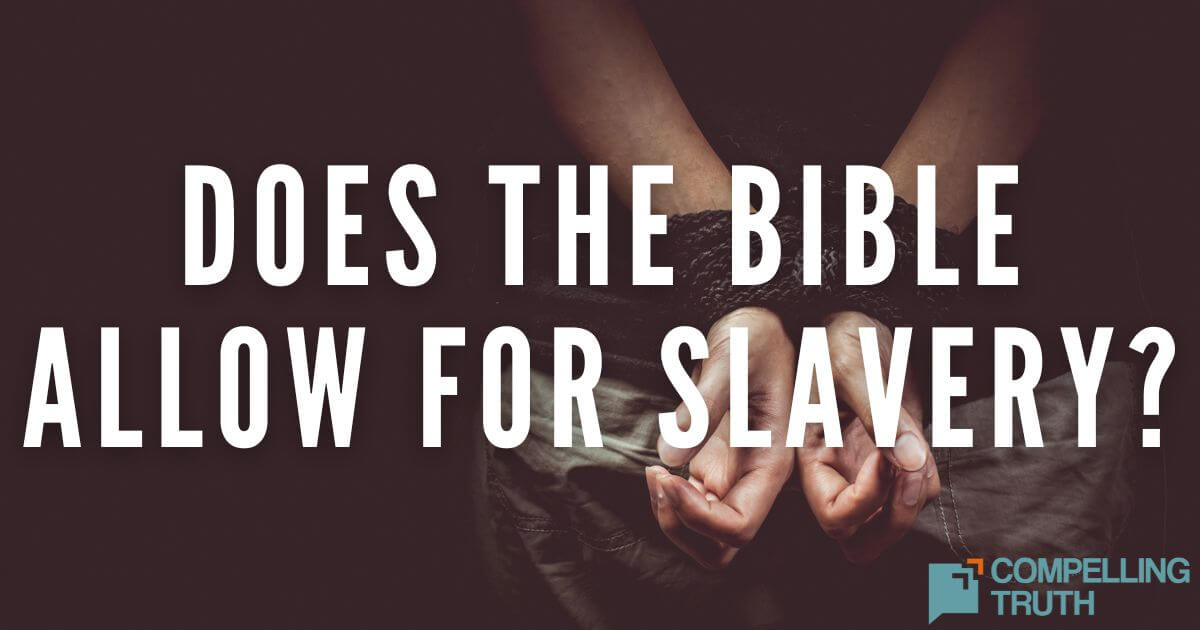what does the bible say?
The Bible doesn't explicitly mention black people, but it does provide indications that some individuals within its narratives may have been black or dark-skinned. Characters like Zipporah, possibly Bathsheba, the Queen of Sheba, Simon of Cyrene, and the Ethiopian eunuch are suggested by scholars to have been black or of African descent based on biblical passages and historical context. The Bible doesn't emphasize or focus on skin color. It does make clear that salvation is for all people of all colors, race, or ethnicity.




